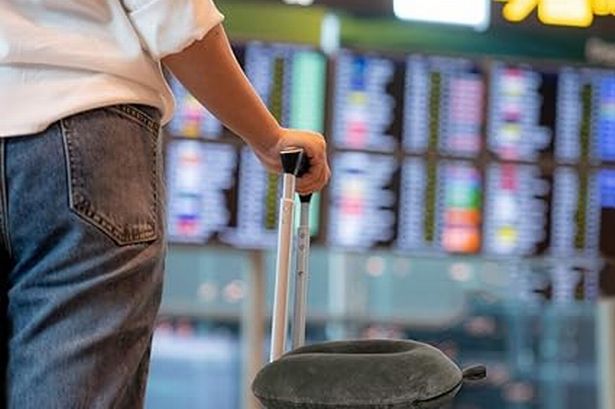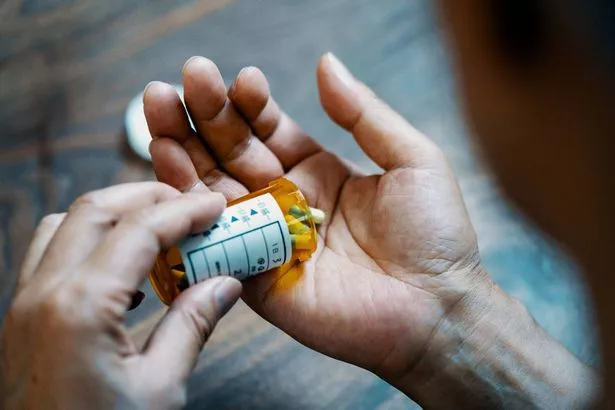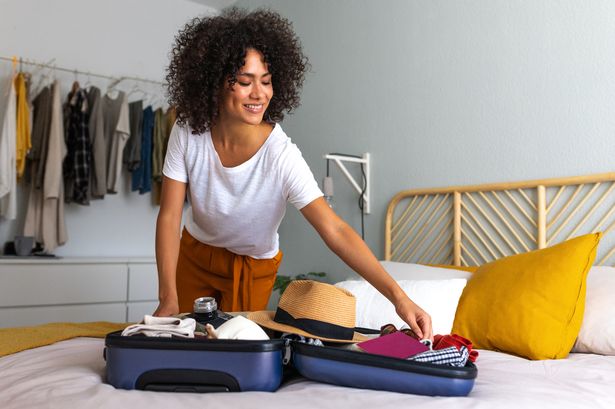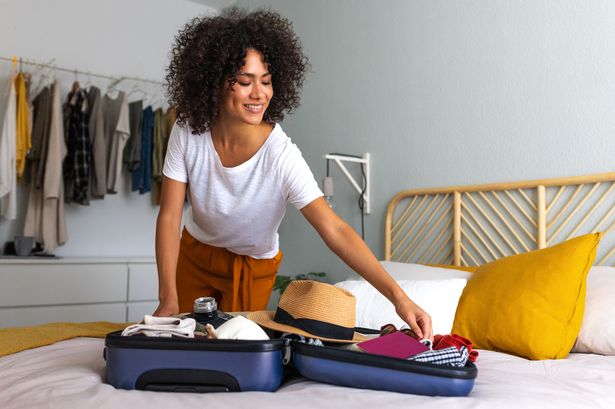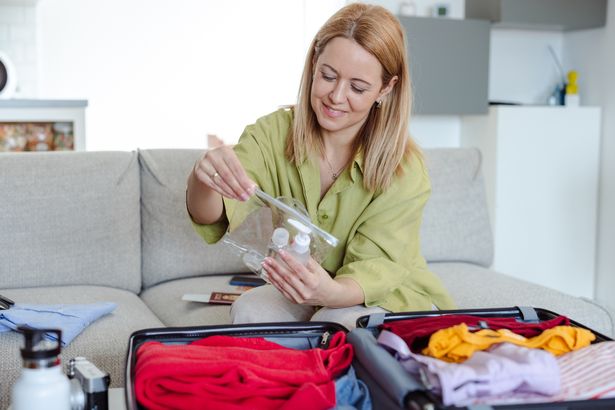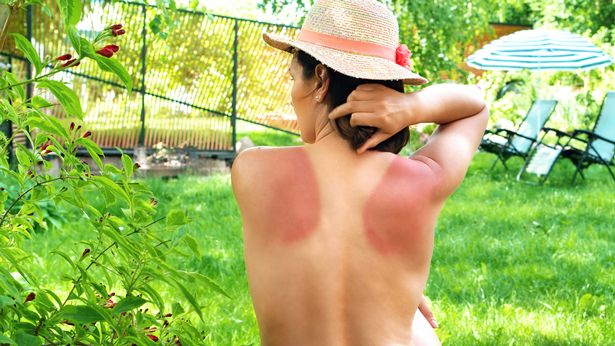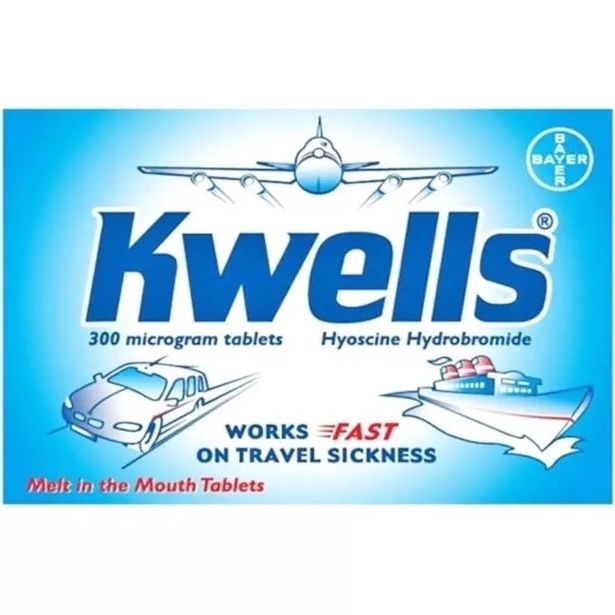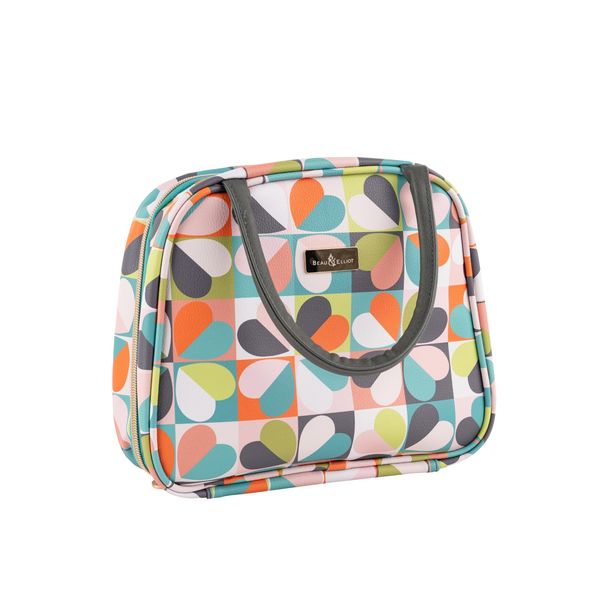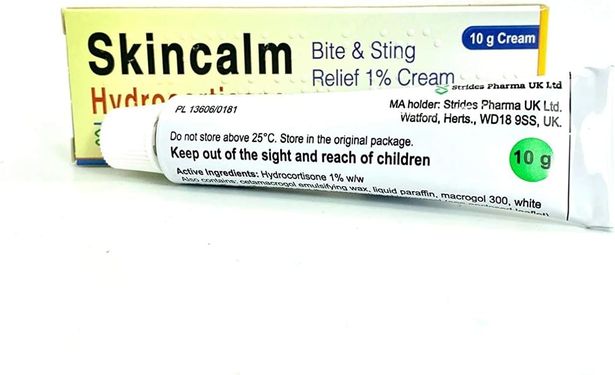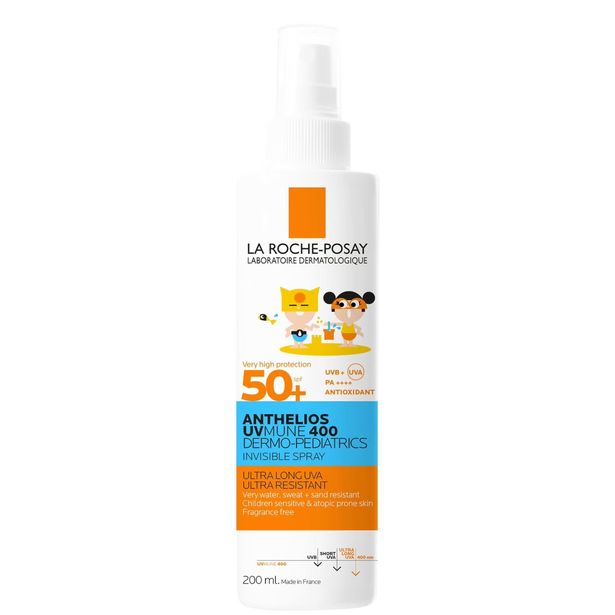You may be surprised at some items on the list – and you may struggle to get it on the plane
A GP and travel expert has warned people about six medications you might not be able to take with you on holiday, depending on where you fly to. Addressing the over-looked issue, Saga Travel Insurance spoke to GP Doctor Deborah Lee from Dr Fox Online Pharmacy, who revealed that there are some surprising medications you won’t want to pack.
Many countries will only allow you to bring a maximum of three months’ worth of treatment with you when travelling. However, some countries may have more specific restrictions depending on the type of medication.
Dr Lee says: “The vast majority of commonly prescribed medicines are completely safe to travel with. But some are more strictly regulated.” So what medications do you need to be careful with?
Six medications you may not be able to fly with
1. Codeine
Doctor Lee notes that “despite being available over the counter in the UK in the form of co-codamol (codeine with paracetamol), this opioid painkiller is banned without proof of prescription in some countries, being classed as a narcotic.”
This means that if you are travelling to “countries such as Saudi Arabia or Greece”, they will require you to have a prescription to carry any form of codeine-containing medications into the country and may have limits on the amounts you can take
.
Talking about another popular destination, they added: “Japan has very strict rules and restrictions on narcotics and will require you to apply to import and export your medication as well as have a medical certificate for them from Japan’s Narcotics Control Department.”
2. Sleeping pills
The doctor shares that the UK has a “large variety of prescription and over-the-counter sleeping pills available. However, many sleeping pills require a prescription in popular European travel destinations (such as France, Germany, and Spain) and are banned in several Middle Eastern and Asian countries, including Japan and the UAE.”
3. ADHD medications
According to the British Medical Journal (BMJ), there’s been an 18% rise in ADHD prescriptions year-on-year in the UK since the COVID-19 pandemic. Just like the UK, “you need a prescription to access this type of medication in most of the world, and you may be required to present your prescription on entry to other countries.”
4. CBD oil
A report from the Centre for Medical Cannabis indicated that the UK’s CBD market was expected to be worth £1 billion in 2025, a massive increase from its £300 million market value only five years ago.
“CBD is the non-psychoactive chemical derived from cannabis. In recent years it has become an incredibly popular remedy for pain relief and relaxation and is available over the counter in the UK, though there is limited medical research to show their benefits.
“Some countries have incredibly strict anti-cannabis laws which also extend to CBD oils. Singapore, the UAE, Saudi Arabia, and China, all have bans on CBD oils. In Australia, New Zealand, Norway, Denmark, and Brazil, the only legal CBD oils are those for medical purposes and these require a prescription”, Lee says.
5. Decongestants
Pseudoephedrine, an ingredient found in popular over-the-counter decongestants like Vicks and Sudafed, is banned in countries like Japan and the UAE. In others, like Australia, you may need a prescription or special permit to bring pseudoephedrine-containing products with you.
6. Vapes and e-cigarettes
Although vape pens and similar devices are not prescription medications, many people use them as aids to quit smoking. Some countries, such as Belgium, France and the UK have banned disposable vapes that contain nicotine. “However, vaping is strictly banned in Singapore, India, Australia, and Qatar”, the expert cautions.
Taking medicine out of the UK
According to GOV.UK, “you must carry medicine containing a controlled drug with you in your hand luggage when entering or leaving the UK. It may be taken away from you at the border if you cannot prove it was prescribed for you.”
Bringing medicine back to the UK
If you’re a UK resident who has been prescribed medicine while you were abroad, you need to contact the Drug and Firearms Licensing Unit (DFLU). If you’re not a UK resident, you will need to carry a letter of proof that the medicine was prescribed for you.
The letter must include:
- your name
- the dates you are travelling to or from the UK
- a list of your medicine, including how much you have, doses and the strength
- the signature of the person who prescribed your drugs
You’re allowed to bring up to a three-month supply of your medication. Your doctor or pharmacist can advise you if your medication contains a controlled substance.
You can also check the drugs listed on the packaging of your medicine and search for them on the controlled drugs list. The list does not give names of medicines, only drugs that are used in medicines.
